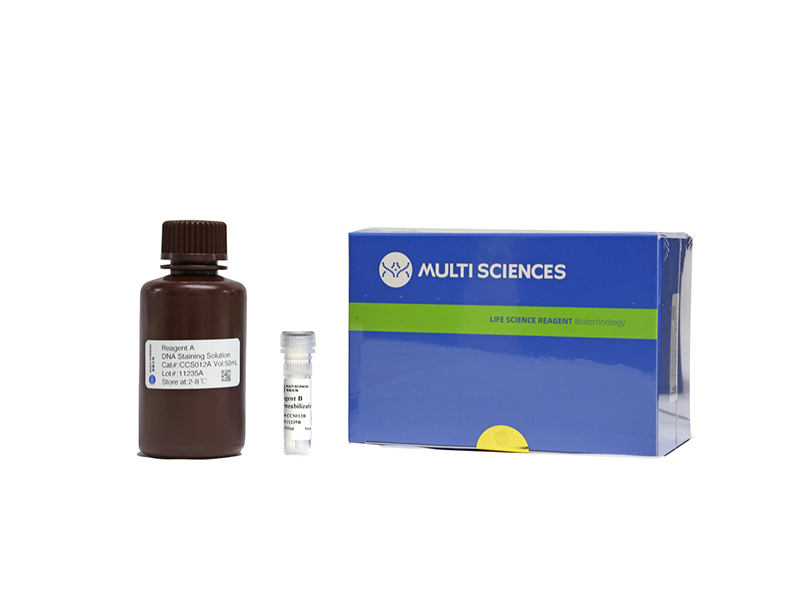Background:Shikonin, a naphthoquinone compound extracted from the root of Lithospermum erythrorhizon, has been extensively studied for its antitumor activity. However, the systematic pathways involved in Shikonin intervention in human colon cancer has not yet clearly defined.
Purpose:This study was to evaluate the cytotoxic effects of Shikonin in colon cancer, as well as investigate the potential biomarkers from a global perspective and the possible antitumor mechanisms involved.
Methods:In this work, cell viability, cell cycle and cell apoptosis in human colon cancer cells were assessed to evaluate the antitumor activity of Shikonin. Transcriptomics and metabolomics were integrated to provide the perturbed pathways and explore the potential mechanisms. The crucial proteins and genes involved were further validated by immunohistochemistry and real-time quantitative PCR.
Results:Shikonin revealed a remarkable antitumor potency in colon cancer. Cell cycle was significantly arrested at the S phase as well as apoptosis was induced in SW480 cell line. Furthermore, a total of 1642 differentially expressed genes and 40 metabolites were detected after Shikonin intervention. The integrated analysis suggested that the antitumor effect was mainly attributed to purine metabolism, arginine biosynthesis, pyrimidine metabolism, urea cycle and metabolism of amino acids. The up-regulated expression of proteins vital for arginine biosynthesis was subsequently validated by immunohistochemistry in xenograft mice. Notably, supplemental dNTPs and arginine could significantly reverse the cytotoxic effect induced by Shikonin and the genes participating in purine metabolism and arginine biosynthesis were further determined by RT-qPCR.
Conclusion:Our findings provide a systematic perspective in the therapeutic effect of Shikonin which might lay a foundation for further research on Shikonin in colon cancer.
文章引用产品列表
-
- CCS012 1190 Citations
- 周期试剂盒
Cell Cycle Staining Kit 细胞周期检测试剂盒
- ¥390.00



